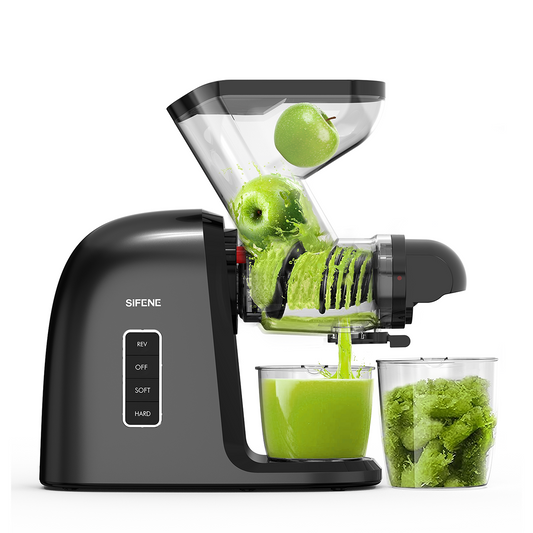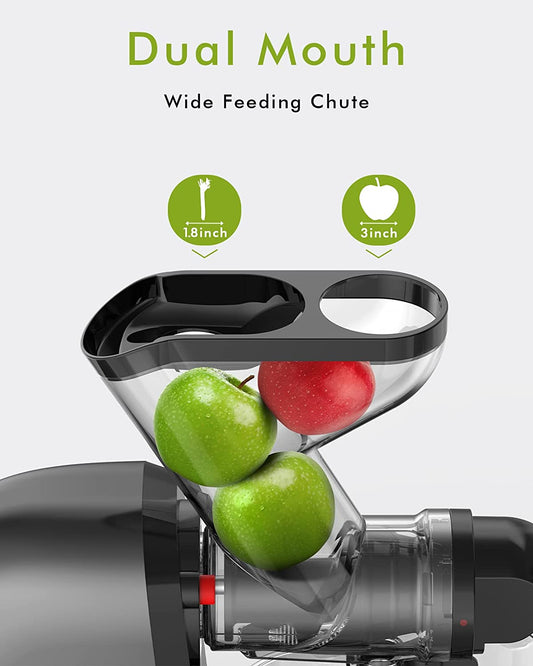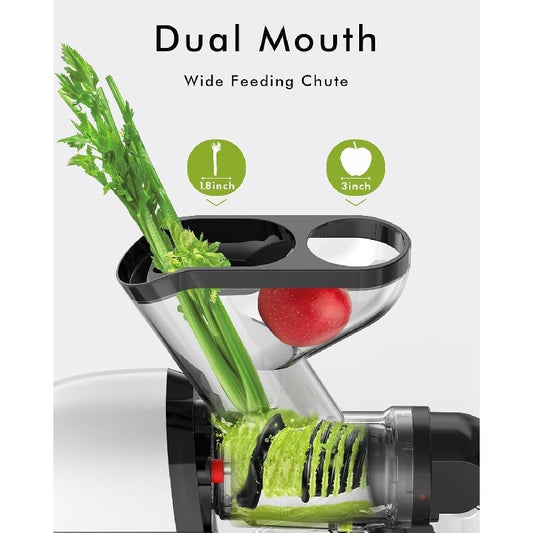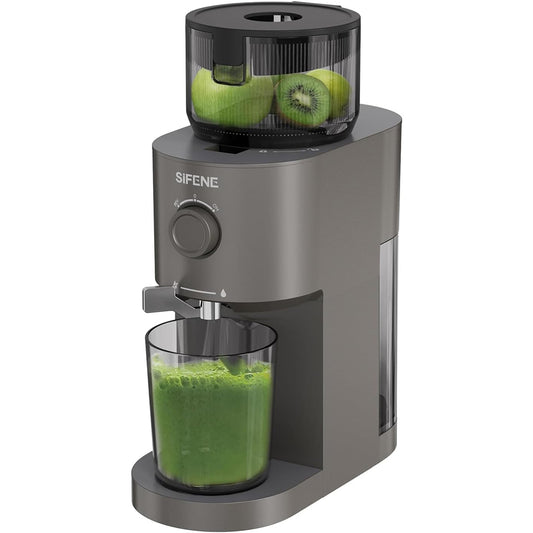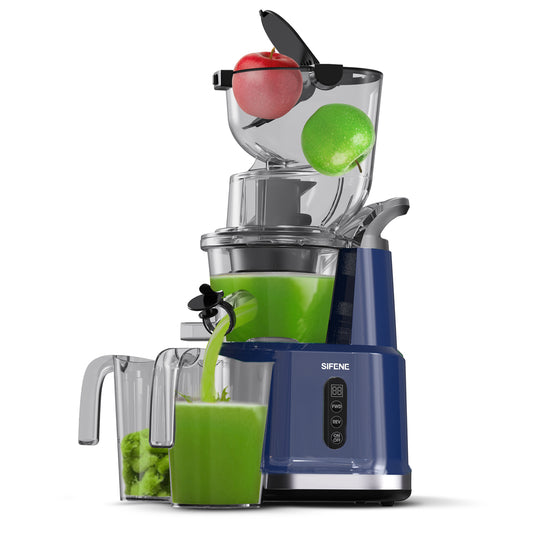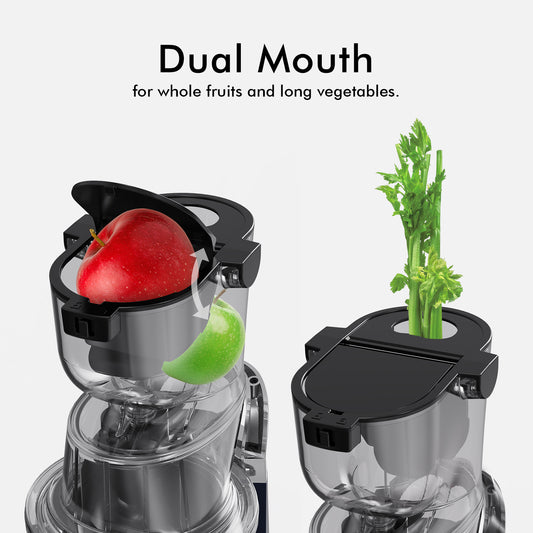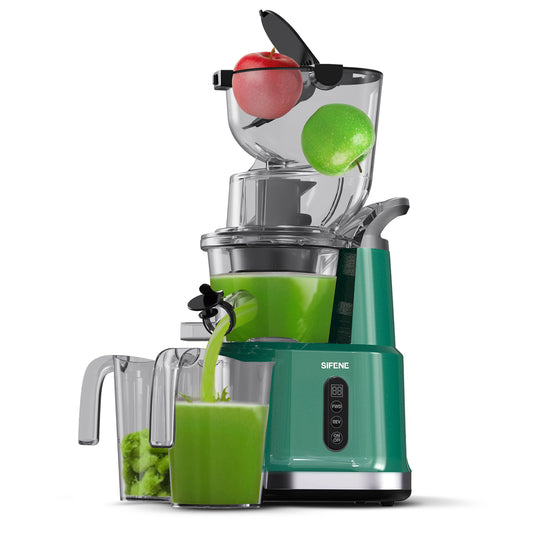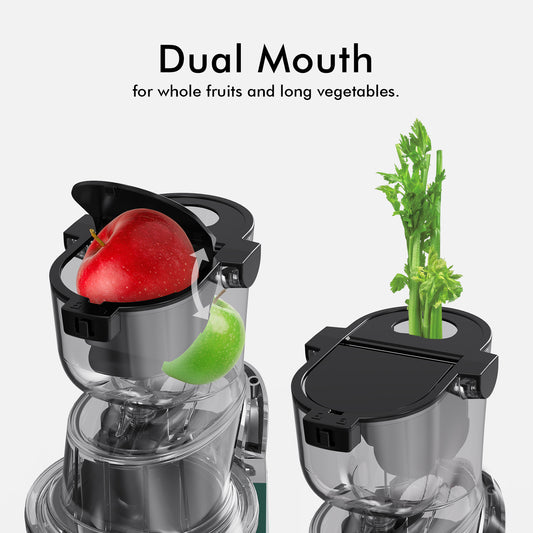If you've been feeling sluggish lately or are looking for a quick energy reset, you might have considered following a juice fast. Juicing is rapidly gaining popularity as a way to drop extra weight and get all your daily nutrients in the convenience of a portable bottle.
Juice fasting has been touted for its ability to cleanse your organs and even give your skin a healthy glow. But what effects does juice fasting really have on your body?
What Is Juice Fasting?
Juicing is a technique used to extract raw juice from fruits and vegetables. Usually, the juice is released by putting pieces of fruits or vegetables into a juicing machine. The machine uses force to turn the produce into pulp, then separates the juice from the remaining fiber.
Juicing is different from blending. When you blend fruits or vegetables to make a smoothie, the whole fruit gets blended and the fiber from the food remains inside the beverage. It's also different than store-bought juice, which can contain added sugars and may be from concentrate.
A juice fast typically lasts 1-10 days. There are different methods of following a juice fast. Some fasts will instruct you to drink only freshly pressed juice, while others allow additional food to be eaten during the fast.
Impact of Juice Fasting on Your Health
Drinking only pressed juice for days at a time might sound challenging, but it comes with its own set of benefits. Fruits and vegetables provide essential nutrients and contribute to your overall health and wellbeing.
Juice contains several active components that can improve your health:
Antioxidants
Antimicrobial properties that fight germs
immune system support
A juice fast will likely make you lose a few pounds while you’re doing it. But after it’s finished, it’s probable those pounds will return.
There’s no evidence that juicing is better for you than just eating those same fruits and vegetables instead. But some might prefer the idea of drinking their vitamins rather than eating whole fruits and vegetables. Whole produce can contain lots of fiber, which could be hard on the stomach when eating large quantities.
Benefits of Juice Fasting
There are several benefits to undergoing a juice fast. Most of these changes happen on a microscopic level inside your body.
Mega dose of nutrients. Fresh pressed juice truly packs a nutritional punch. It contains plenty of antioxidants and immunity boosters that help your body regenerate and protect itself. Your body can also absorb vitamin C better through juice.
Improves gut health. Juice fasts, or juice cleanse, also improve your gut health. A proper balance of bacteria inside the gut is essential for good health. When done properly, a juice fast can leave you with more “good” bacteria in your gut, which promotes weight loss.
Helpful for people who struggle with eating healthy. Juicing can be the perfect solution for those who don’t enjoy eating fruits and vegetables, but still want to take advantage of their benefits.
Risks of Juice Fasting
Short term weight loss. Juice fasts are often done by people who want to lose weight in a short period of time. You’re likely to drop a few pounds during the fast, but expect them to come back once you resume your normal diet.
Too much sugar. It can be easy to overload on sugars while on a juice fast. Most fruits have a high sugar content, so it’s best to mix them with a healthy dose of vegetables. Keep a ratio of 3:1 vegetables to fruits. It will help you avoid the extra sugar.
Possible protein deficiency. The CDC recommends a daily protein intake of 59 grams/day for men and 46 grams/day for women. Although fruits and vegetables do contain small amounts of protein, it can be difficult to get your daily intake from juice alone.
Feeling hungry and tired. Although it can be delicious, freshly pressed juice doesn’t leave you feeling full. Juice fasts can also cause sugar spikes just after drinking, which can leave you feeling weak and inattentive. Constant blood sugar spikes can also lead to cholesterol building up in the blood vessels.

